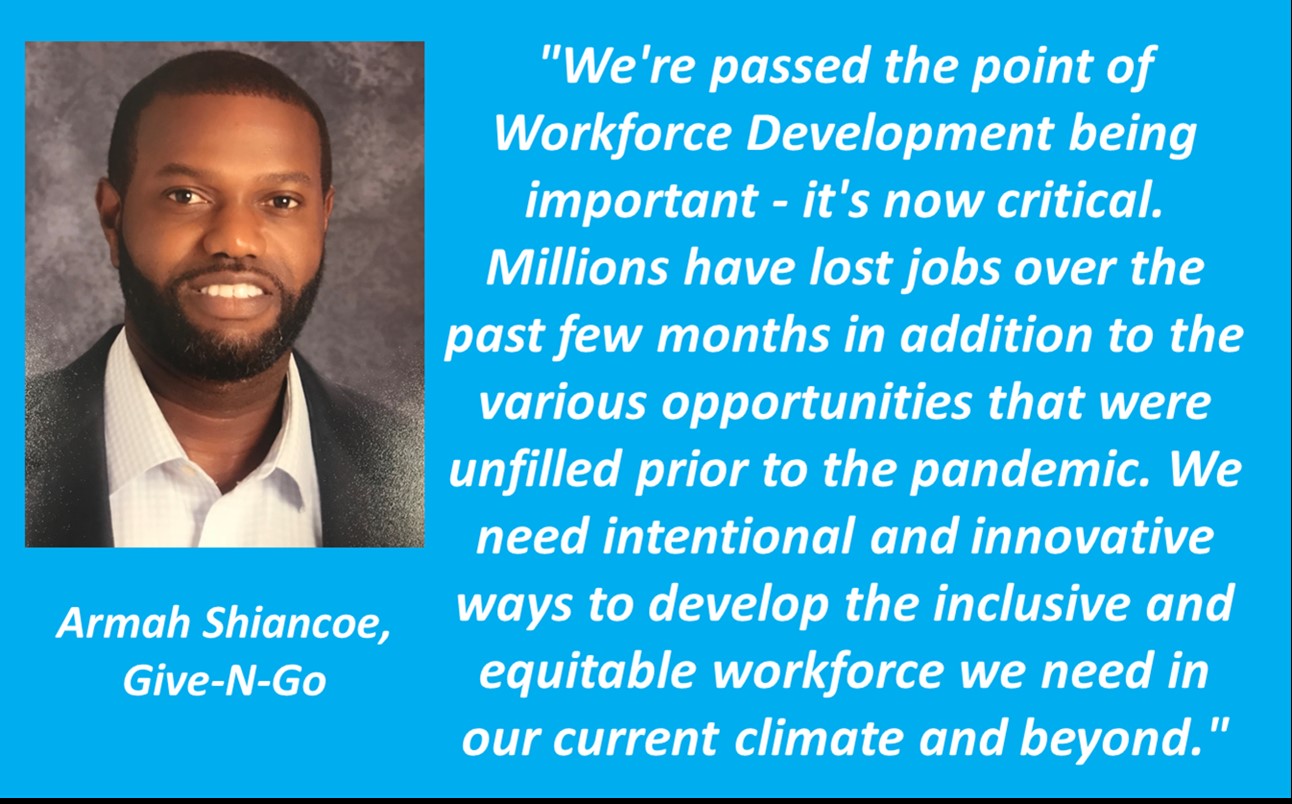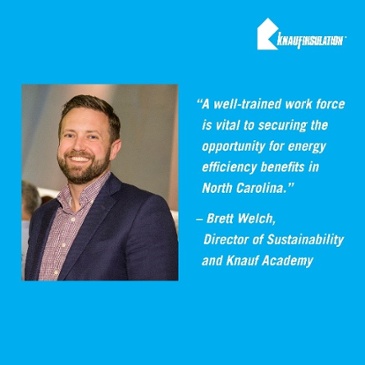Eighteen months ago, Insulation Institute spoke with North Carolina Building Performance Association (NCBPA) Founder & CEO, Ryan Miller, about a comprehensive Building Performance workforce development initiative that could serve as a model for other states and organizations in recruiting workers into the Building Performance trades. The initiative
seeks to create job and career resources for students, their families, and current industry professionals to secure jobs, develop skills, and advance careers in Building Performance. We recently caught up with Miller to discuss how the program has developed over the period, how the pandemic has impacted the initiative and the construction industry at large, and where the future of workforce development programs such as this are headed.
This post is the first in a three-part series on NCBPA’s workforce development strategies and why such programs make sense to tackle ongoing labor issues in the construction industry.
COVID-19 Impact
In the midst of a global pandemic, North Carolina’s construction industry, like that of every other state in the nation, was hit hard and fast with an immediate slow down or halt in activity. NCBPA quickly took the lead in communicating helpful information to its members and the construction industry at large, sharing recommendations from policymakers, new health and safety guidelines, and the details of stay-at-home orders that temporarily slowed construction in the state.
“There was a lot of communicating at the beginning just to figure out what was going on. When the initial dust and shock settled, it was interesting to find that commercial and residential new construction more or less continued with some change in on-site procedures to secure health and safety. The pace of construction didn’t really taper off much, and still hasn’t several months later.”
 Nationally among the hardest hit employment sectors was that of building energy efficiency/Building Performance professionals. North Carolina saw an immediate decline in retrofit work in existing homes performing insulation jobs and other energy and performance upgrades. “Companies experienced sudden job losses as they literally couldn’t work in occupied homes. Unfortunately, as the months have gone by, many of our member companies don’t expect their former workers to return and some are out of business altogether.”
Nationally among the hardest hit employment sectors was that of building energy efficiency/Building Performance professionals. North Carolina saw an immediate decline in retrofit work in existing homes performing insulation jobs and other energy and performance upgrades. “Companies experienced sudden job losses as they literally couldn’t work in occupied homes. Unfortunately, as the months have gone by, many of our member companies don’t expect their former workers to return and some are out of business altogether.”
Overall, data for North Carolina’s construction industry shows that the state continues to fare much better off than many other states. However, Miller knows that could change at any time.
“A majority of our members anticipate a slowdown of commercial work in the fall, as projects that would have been financed and designed in the spring won’t be getting started, and there may be a similar trend in residential construction. Hopefully, the existing residential industry can bounce back with new safety precautions in place now that stay-at-home orders are lifted, and hopefully are able to stay that way.”
If there’s one thing that’s proven to be true during the pandemic, it is that the situation continues to evolve. “We’re following the evolution of this event closely and, of course, hope for the best for our member and industry companies and professionals, as well as their customers.”
Advancing the Workforce Development Initiatives
This past February, NCBPA held a summit with the North Carolina Community College System that brought nearly 100 college faculty, staff, and industry professionals together to strategize and refine its plans for developing the Building Performance workforce. “During that event, it became clear that we needed a ‘proof of concept trade’ to help demonstrate the efficacy of our effort,” Miller said. “Essentially, it is a single trade that we could develop a career pathway resource for, conduct extensive research on, and establish a template for advancing a career in that particular trade.”
NCBPA selected residential insulation installation as that trade.
“The high demand for insulation workers, competitive wages, and the fact that the development committees within other trade groups and organizations in the state hadn’t focused on insulation installation as a career development area was the rationale behind the decision,” Miller noted.
Following the summit, NCBPA completed its 2020 North Carolina Building Workforce Development Report to document its findings and recommendations on how to attract, develop and retain tradespeople in the construction industry and promote the viability of construction to students as a solid career opportunity. Miller is optimistic that the report’s findings will result in a grant from the Duke Energy Foundation to complete the first year of a two-year proof of concept study.
“If we can secure funding, we will have a year to establish a program that works. We’ve already lined up excellent partners to support the effort. If there is no grant, we’ll find a way to hit some singles with those partners and look for the home run another time.”
Broad Partner Support
 Miller reports that NCBPA’s initiative has garnered the support and participation from notable private, public, and nonprofit organizations over the past year-and-a-half. Among them:
Miller reports that NCBPA’s initiative has garnered the support and participation from notable private, public, and nonprofit organizations over the past year-and-a-half. Among them:
- North Carolina Community College System and Central Carolina Community College have been actively involved in our efforts to define needs and create short- and long-term recommendations. The groups, along with Apprenticeship NC, are partners in their most recent grant application.
- North Carolina Clean Energy Technology Center, which was the lead on NCBPA’s grant application, has strong experience in clean energy workforce development and industry training across the state.
- Knauf Insulation, which stepped up to offer support and resources in building out the residential insulation installation workforce development resource as a proof of concept that would help their customers across the country. Click here to read Knauf Insulation’s letter of support for our workforce grant.
- Building Clarity and Brady Services will provide a second proof of concept trade related to commercial building automation, a growing industry in North Carolina and nationally that NCBPA hopes more students and professionals will become aware of and involved in. Click here to read Brady Services’ letter of support for our workforce grant.
- Charlotte-based nonprofit Give-N-Go signed-on to the grant application to help NCBPA define and build the resources needed to educate and youths and minorities across our state in our industry’s workforce development efforts. “Led by my new friends and partners Armah Shiancoe and Jerry Hayes, Give-N-Go has a strong track record in the Charlotte-area for empowering middle and high school students to take career opportunities into their own hands and succeed in life,” said Miller. “We need that kind of leadership and pipeline in the Building Performance industry and will count on the organization to be our subject matter expert in areas where our industry has not yet been strong in, particularly diversity, equity, and inclusion.”
Laying the Groundwork
Without the evidence provided by a proof of concept, similar ambitious projects on workforce development can fold in the absence of documented study to show that they can work.
In the next blog post, we will look at some of the other work NCBPA has completed in the past year and a half to demonstrate that its ambitious initiative can deliver on the promise of growing interest and participation in careers in the Building Performance industry.
